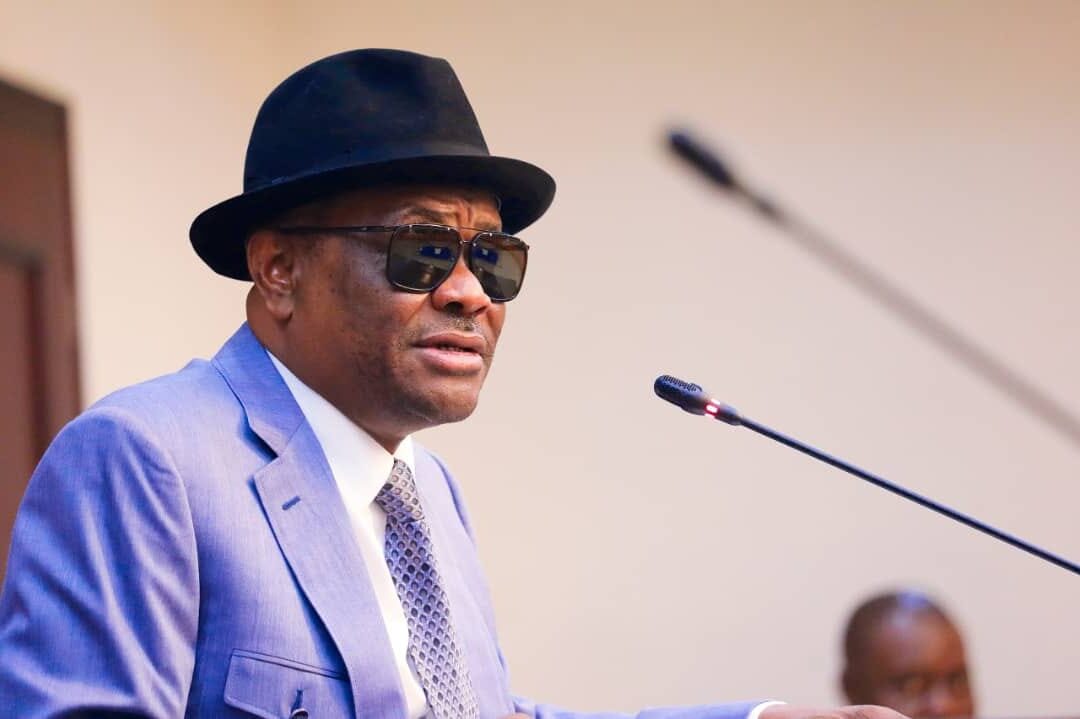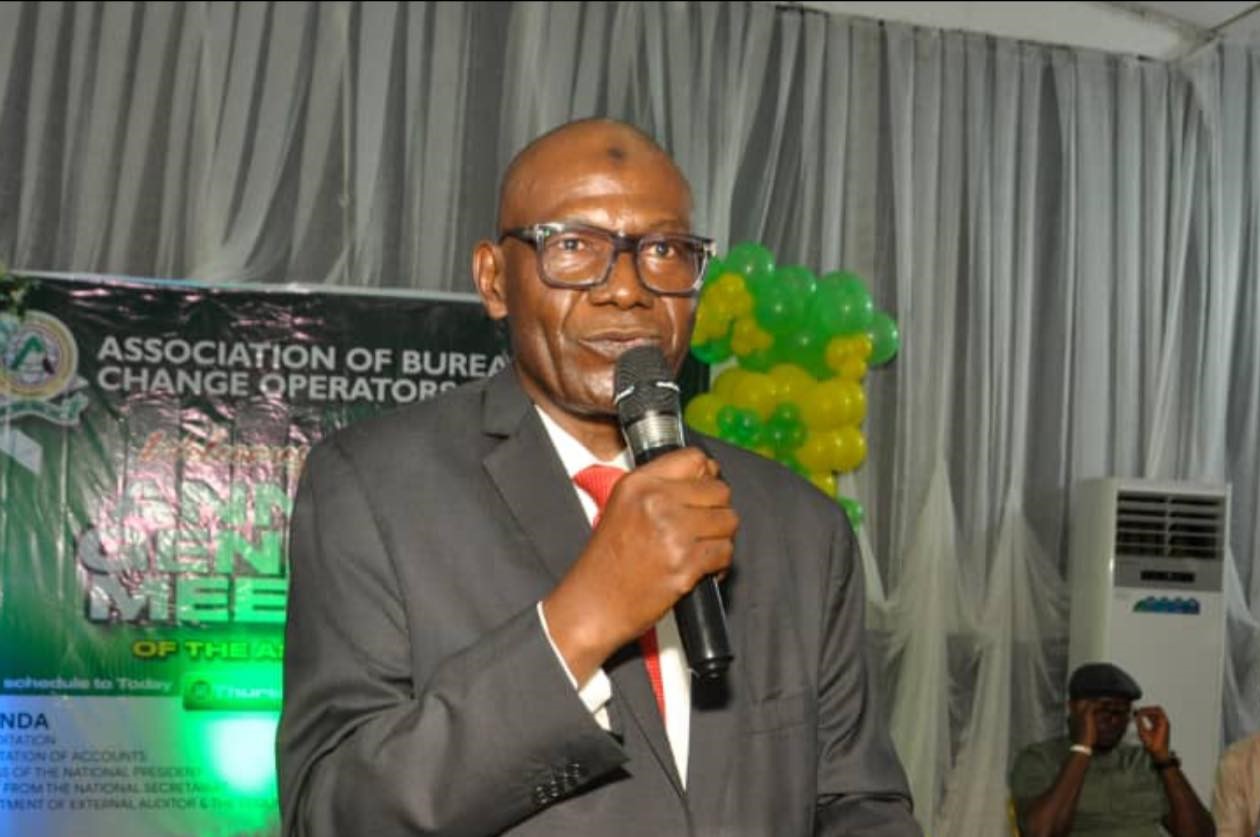Assessing Cardoso's pathway to winning Central Bank Governor of The Year Award - Businessday NG
For steering monetary and regulatory reforms that have restored stability and confidence in Nigeria’s financial system, the Governor of the Central Bank of Nigeria (CBN), Mr. Olayemi Cardoso, emerged the Central Bank Governor of the Year at the 2025 African Banker Awards Gala. This year’s event, held in Abidjan, Côte d’Ivoire presented opportunity for the event organisers to acknowledge and applaud Cardoso’s resourcefulness and foresight in stabilising the naira, improving transparency in the forex market, and re-establishing policy credibility in the Nigeria’s economy.
The impacts of the bold reforms in Nigeria’s financial landscape have continued to reverberate across the world.
The gains of these reforms instituted by Olayemi Cardoso-led Central Bank of Nigeria (CBN) to achieve price and exchange rate stability, catalyze sustainable economic growth, and protect the livelihoods of millions of Nigerians are enormous.
The African Banker Awards Committee’s decision to give the African Central Bank Governor of the Year Award to Cardoso did not come as a surprise to many industry watchers.
The award, presented by African Banker magazine, recognises Cardoso’s “bold and strategic” leadership in steering monetary and regulatory reforms that have restored stability and confidence in Nigeria’s financial system, according to event organisers.
The Awards Committee lauded the CBN under Cardoso for implementing key policy measures aimed at keeping the naira stable, enhancing forex market efficiency and transparency.
The Committee noted that these efforts have laid the groundwork for long-term macroeconomic resilience and renewed investor confidence.
Dr. Nkiru Balonwu, Adviser to the Governor on Stakeholder Engagement and Strategic Communication, accepted the award on Cardoso’s behalf. She was accompanied on stage by the Bank’s Director of the Monetary Policy Department, Dr. Victor Oboh, and the Director of the Banking Supervision Department, Dr. Olubukola Akinwumi.
They were later joined by a member of the Bank’s Monetary Policy Committee (MPC), Dr. Aloysius Uche Ordu. “The award reflects the Committee’s recognition of Governor Cardoso’s recent achievements and the Central Bank’s critical role in addressing market imbalances and repositioning the Nigerian economy for sustainable growth,” organisers said.
Now in its 19th year, the African Banker Awards are organised by African Banker magazine with the African Development Bank Group as its official patron. The annual event draws senior figures from government, banking, and development finance institutions across the continent to celebrate excellence in African finance.
Since his appointment in 2023, Cardoso has implemented several reforms to stabilise the forex market and attract foreign investment.
The African Banker Awards has, since its inception in 2007, sought to recognise and celebrate the exceptional individuals and organisations driving Africa’s rapidly transforming financial services sector.
Upon assuming office in October 2023, the apex bank under his leadership prioritized reforms to rebuild Nigeria’s economic buffers and strengthen resilience.
Inflation, which had surged to 27 per cent, was one of the most pressing challenges, partly driven by excessive money supply growth. While the GDP growth had stagnated at a meagre 1.8 per cent over the previous eight years, money supply expanded rapidly, averaging about 13 per cent growth annually.
This imbalance not only fueled inflation but also contributed to a significant depreciation of the naira.
Besides, inflation creates uncertainty for households and businesses, acting as a silent tax by eroding purchasing power and driving up living costs.
To tackle the pressing challenge of inflation, the CBN acted decisively by raising the Monetary Policy Rate by 875 basis points to 27.5 per cent in 2024—an essential move to contain inflation and restore stability.
In the foreign exchange market, the country faced a backlog of over $7 billion in unfulfilled commitments and a fragmented FX regime characterized by multiple forex rates, which had encouraged arbitrage opportunities.
This regime stifled much needed foreign investment, and led to the depletion of our external reserves which fell to $33.22bn in December 2023. It must also be understood that the cost of the FX subsidy regime is estimated to far exceed that of fuel subsidies.
The apex bank has also undertaken critical reforms to unify Nigeria’s exchange rate, eliminating distortions and restoring transparency. This unification has enabled it to clear the outstanding foreign exchange obligations, giving businesses—ranging from manufacturers to airlines—the confidence to plan and invest in the future.
To further enhance the functionality of the foreign exchange market, the CBN introduced an electronic FX matching system, which has proven effective in other markets.
With these developments came positive Fitch Ratings on Nigeria economy, signaling positive fallout from the reforms.
The global rating agency said that from exchange rate unification to reduce arbitrage in the markets, introduction of electronic FX matching platform and a new FX code to enhance transparency and efficiency in the market as well as deployment of monetary policy tightening to keep inflation on check, the Central Bank of Nigeria (CBN) has demonstrated commitment to achieving sustainable economy growth and exchange rate stability.
Already, the latest Fitch rating moved Nigeria’s long-term foreign-currency issuer default rating (IDR) from negative to stable, meaning that the country stands a better chance of attracting foreign investment, borrow money on international markets at better interest rates, and boost investor confidence.
Fitch also applauded government’s commitment to policy reforms implemented since its move to orthodox economic policies in June 2023, including exchange rate liberalisation, monetary policy tightening, and steps to end deficit monetisation as well as fuel subsidies removal.
“These have improved policy coherence and credibility and reduced economic distortions and near-term risks to macroeconomic stability, enhancing resilience in the context of persistent domestic challenges and heightened external risks,” the agency stated.
Following the recent unveiling of Non-Resident Biometric Verification Number (NRBVN) in Abuja, the CBN boss directed Nigerian banks to proactively develop and offer products specifically tailored to meet the unique needs and preferences of the diaspora community. The NRBVN launch is seen as a major step to keep remittances inflow to the country soaring and dollar liquidity strong.
Cardoso said that offering innovative and attractive financial solutions can greatly enhance diaspora participation, deepen financial inclusion, and significantly boost remittance inflows.
“Over the past year, our policy frameworks have undergone extensive refinements, informed by sustained dialogue with International Money Transfer Operators (IMTOs). The introduction of the willing buyer, willing seller regime, licensing of additional IMTOs, and market reforms that have facilitated currency convergence are notable examples. Consequently, remittance flows through official channels have risen markedly, from $3.3 billion in 2023 to $4.73 billion last year,” he said.
He added: “With the introduction of NRBVN and complementary policy measures, we are optimistic about achieving our ambitious target of $1 billion in monthly remittance flows, a goal we believe is entirely achievable given the growing trust and convenience in formal remittance channels”.
Cardoso explained that a fully connected system will ensure that every Nigerian in the diaspora can confidently contribute to national development through trusted and cost-effective channels. He emphasized that the launch was not the final destination, but the beginning of a broader journey.
“The NRBVN is a dynamic initiative, one that will continue to evolve in response to the needs of its users. It presents a unique opportunity to learn, to innovate, and to adapt. We encourage all stakeholders to engage actively, share insights, and help shape a system that serves millions of Nigerians across geographies and generations. The NRBVN is not just a tool; it is a bridge between Nigeria and its global citizens,” he said.
The apex bank recently took strategic step to enhance transparency and boost market confidence with the inauguration of the Nigeria Foreign Exchange Code (FX Code) in Abuja. The FX Code has so far ignited naira stability at both official and parallel markets.
Cardoso, recently launched the FX Code, emphasising integrity, fairness, transparency, and efficiency as critical pillars for driving Nigeria’s economic growth and stability.
He emphasized that the FX Code was built on six core principles: ethics, governance, execution, information sharing, risk management and compliance, as well as confirmation and settlement processes.
These principles, he explained, aligned with international standards while addressing the unique challenges within Nigeria’s foreign exchange market.
According to Cardoso, “The FX Code represents a decisive step forward, setting clear and enforceable standards for ethical conduct, transparency, and good governance in our foreign exchange market. The era of opaque practices is over. The FX Code marks a new era of compliance and accountability. Under the CBN Act 2007 and BOFIA Act 2020, violations will be met with penalties and administrative actions.”
Governor Cardoso also noted that the journey towards market reform is already yielding results. He stated, “The year 2024 was marked by structural reforms that sought to return the naira to a freely determined market price and ease volatility as several distortions were removed from the market.”
Beyond the foreign exchange market, the FX Code forms part of the CBN’s renewed focus on compliance across the financial sector. Its six guiding principles, alongside 52 sub-principles, were designed to become the benchmark for conduct across all participating institutions.
Issued as a guideline for the foreign exchange market, the FX Code is backed by the authority of the CBN Act of 2007 and the Banks and Other Financial Institutions Act (BOFIA) of 2020.
These legislative instruments empower the CBN to establish and enforce directives regarding the standards financial institutions must follow in conducting foreign exchange business in Nigeria.
The FX Code, therefore, serves as an official directive that all market participants are expected to observe in their operations.
Besides FX Code, the apex bank also introduced the Electronic Foreign Exchange Matching System (EFEMS), which has proven effective in other economies in enhancing the functionality of the foreign exchange market.
The EFEMS was meant to check forex market distortions, eliminate speculative activities and instill transparency. The EFEMS, which is commonplace in developed and developing markets offers real-time information on currency rates, trading volumes, and market activity.
The CBN also imposed stricter regulations on forex speculators and Bureau de Change operators to curb market manipulation, raised BDC recapitalisation to about N2 billion and also introduced the Nigerian Foreign Exchange (FX) Code in January 2025, aimed at promoting ethical conduct and transparency within the nation’s foreign exchange market.
This FX Code initiative seeks to ensure that authorised dealers uphold the highest standards of professionalism and integrity when conducting FX transactions. These reforms have been able to restore stability, boost investor confidence, and improve dollar liquidity in Nigeria.
The apex bank under Cardoso also limited government FX control by reducing artificial controls that distorted exchange rates, allowing the naira to find a more realistic value, as well as implementing policies to attract foreign direct investment (FDI) and portfolio investments, such as higher interest rates and improved ease of repatriation of profits.
Nwadike is a Financial affairs analyst.











